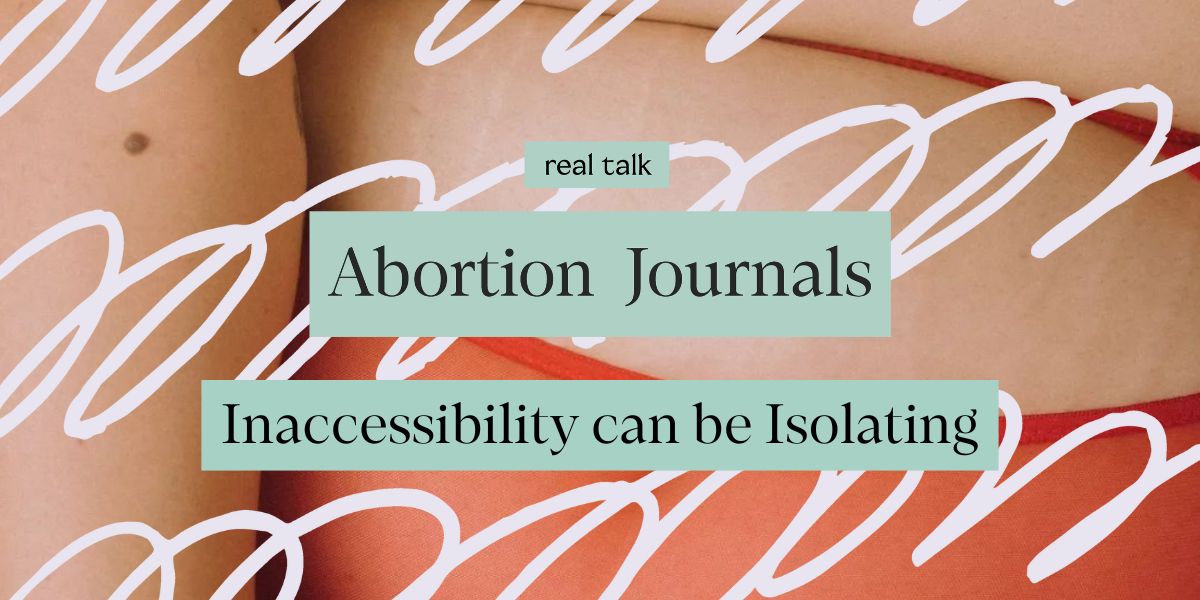When to talk to your doctor about irregular periods

A lot of us get irregular periods, seeing little consistency between cycles and rarely a "normal" period.
What’s normal even anyway? For the women who experience regular and predictable menstrual cycles, menstruation occurs a certain number of days apart consistently over time, and the symptoms associated with menstruation don't vary much from one cycle to the next. Additionally, if your period lasts four to seven days and occurs anywhere from 21 days to 35 days apart, your cycle is considered normal.
ovulation-tests
So what is abnormal? Some examples include:
- Menstrual cycles that are less than 21 days apart or more than 35 days apart
- Missing three+ periods in a row with negative pregnancy tests
- Menstrual flow that is much heavier or lighter compared to your normal baseline
- Periods of bleeding that last longer than a week
- Painful periods with cramping, nausea or vomiting
- Bleeding or spotting that happens between periods, after menopause, or after sex
Should I make an appointment?
Some of these symptoms can be due to stress and lifestyle factors, like weight gain or weight loss, change in diet and exercise routine, illness or other daily disruptions, or due to birth control pills. Many birth control pills contain the hormones estrogen and progestin that prevent pregnancy by stopping the ovaries from releasing an egg. Starting, stopping, or changing the birth control you’re using can have an impact on your menstrual cycle. These irregularities and missed cycles can last for around six months after starting, stopping or changing a birth control method. Additionally, some women who take birth control pills with only progestin can experience bleeding between periods.
vaginal-testing-combo
If you are experiencing any or a few of these symptoms, and have not had a diet, lifestyle or birth control change, we recommend making an appointment to see your general practitioner or gynecologist. There are other reasons, some more serious, why you could be experiencing irregular periods. These include:
- Benign uterine polyps: Small growths on the lining of the uterus.
- Endometriosis: The growth of endometrial tissues outside of the uterus.
- Pelvic inflammatory disease: A bacterial infection that affects the female reproductive system.
- Polycystic ovary syndrome: The ovary’s overproduction of androgens, i.e. male hormones. This can cause cysts around the ovaries and impact regular ovulation, which can eventually impact one’s ability to conceive.
- Premature ovarian insufficiency: This is basically pre-menopause, i.e. menopause under 40, due to a conditions when a person’s ovarian function decreases sooner than expected
- Cervical, Uterine, or Ovarian cancer
- Medications (like blood thinners)
- Medical conditions that impact hormonal balance
- Pregnancy-related complications
- Toxic shock syndrome: Symptoms include fever over 102 degrees, vomiting, diarrhea, fainting, or dizziness.
What can I expect from the doctor?
If you see your doctor with complaints and issues related to abnormal menstruation, they may want to start a workup including a complete physical and pelvic examination, and potentially a pap smear if indicated. A pap smear checks for abnormal cells in the cervix by inserting a speculum into your vagina and scraping a few cells from your cervix with a small brush or spatula. This swab can also be used to send for a vaginal culture and to look for other possible infections. Other workup measures may include blood tests, a pelvic ultrasound to look for cysts or fibroids or an endometrial biopsy. A biopsy is the removal of cells from the lining of the uterus to determine endometriosis, hormonal imbalances and cancerous or precancerous cells.
vaginal-health-probiotic
There is different terminology to describe abnormal menses. If a person with a vagina is not pregnant, breastfeeding, or going through menopause, the absence of a period for more than three months is called amenorrhea. People with vaginas who haven’t experienced a period by age 15 or 16, or three years after breast development, can also be diagnosed with amenorrhea. Periods that occur infrequently are called oligomenorrhea, and dysmenorrhea refers to painful periods and severe menstrual cramps. Please note, some pain during your periods is normal. Dysmenorrhea is a diagnosis for people who experience abnormal menstrual pain.
Depending on the outcome of your visit, you will be presented with different treatment options.
Keep Reading

Navigating birth control and sexual health in a larger body
Apr 23

In My Words: The power of shooting your shot
Apr 18

What's going on with the Arizona abortion ban from 1864?
Apr 11










